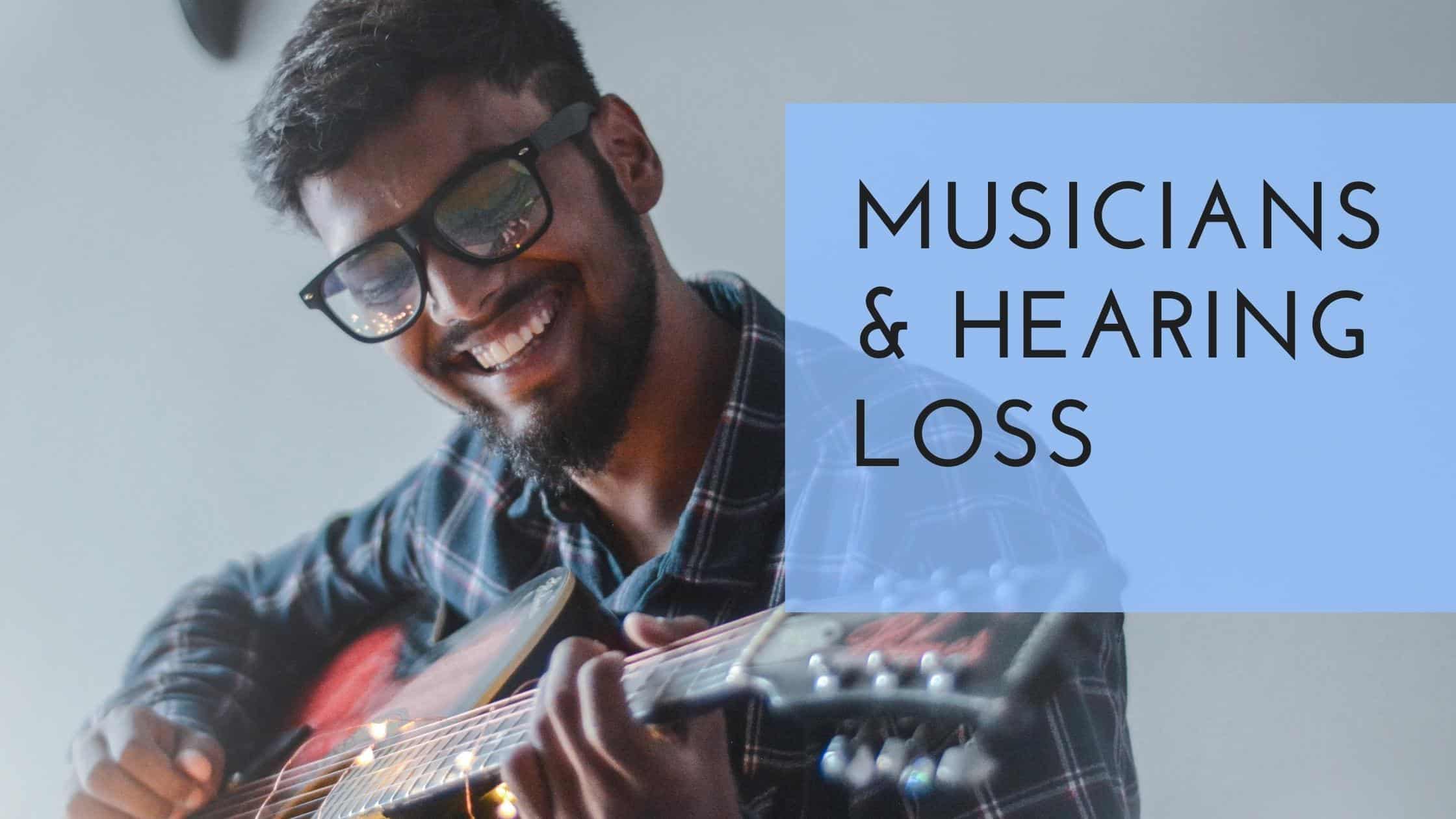It’s no secret that excessively loud noise can damage hearing. But not everyone knew that 40 years ago. Anyone with a noisy profession, from construction workers to rock n’ rollers, risked their hearing health every day on the job. The number of older musicians living with hearing loss keeps growing, in part due to all the concerts they performed without wearing hearing protection.
More famous musicians are coming forward with their stories about hearing loss and tinnitus. They’re sharing their stories so other musicians won’t make the same mistake, and they’re open about how hearing aids have helped them continue to enjoy music. These are just a few of the musicians who have hearing loss.
Roger Daltrey
Famous frontman of The Who, Roger Daltrey is opening up about his hearing loss. He says he’s very deaf, due to all the concerts he’s performed with The Who. Now he wears hearing aids on stage to help him hear. And his advice for younger musicians? Wear earplugs!
Huey Lewis
In 2018, the News canceled their tour after Lewis opened up about his hearing loss. He said he has a hard time hearing the music well enough to sing, and that hearing loss is preventing him from performing.
Ozzy Osbourne
It’s no surprise that a life of heavy metal stardom is hard on the ears. Ozzy Osbourne, like many great musicians, didn’t realize the risks of hearing loss. He has significant hearing loss due to years on stage.
Neil Young
One of rock n’ roll’s greatest songwriters, Neil Young continues to be inspirational to young musicians everywhere. But did you know that he has tinnitus? This constant ringing or buzzing in the ears is a common sign of hearing loss. It’s also common among musicians or anyone else with noise-induced hearing loss.
Eric Clapton
Another musician who’s living with hearing loss is Eric Clapton. He’s been through a lot in his life and he’s been open about his struggle with drug and alcohol addiction. This music legend also has tinnitus that makes it hard for him to enjoy music like he used to.
How Musicians Handle Hearing Loss
It’s not just rock n’ roll artists who have hearing loss. Classical musicians also risk their hearing loss during rehearsals and concerts. They spend long hours in practice rooms and recording studios. Some spend additional hours teaching or playing with others. Musicians often experience moderate to severe hearing loss due to noise exposure on the job.
Many musicians stop performing and playing when they experience hearing loss. Music loses its full, rich sound, and it’s hard to follow along with the music. And it’s rarely something musicians are expecting. They may not be prepared for these changes in hearing, or how it affects their ability to perform.
Accepting Hearing Loss
On average, people tend to wait for 5 to 7 years before treating hearing loss! It takes time to recognize a hearing loss and accept that it’s a real issue impacting your life.
Musicians are no different. It may take them some time to come to terms with their hearing loss or be willing to admit that they can’t hear as well as they used to. Hearing loss can contribute to feelings of depression and it’s difficult to face the fact that hearing loss makes it harder to pursue their passion. Accepting hearing loss often means making changes to the way they perform music. Some have given up performing altogether.
Investing In Your Hearing Health
After you accept your hearing loss, it’s time to invest in your hearing health. For musicians, this means finding the right hearing aids that can help them hear and enjoy music. It also means learning to practice and perform with hearing aids.
Musicians with hearing loss are quick to warn others about the dangers of hearing loss. They recommend protecting your hearing health at all costs. This starts with wearing earplugs when practicing and performing and reducing your exposure to dangerously loud noise.
Hearing Technology for Musicians
Hearing technology has developed in leaps and bounds in the last decade. Sophisticated digital hearing protection can safeguard your hearing without making music sound unbalanced. And modern hearing aids designed for music lovers can give music back its rich, full sound. Visit us to find out more about hearing technology for musicians.

